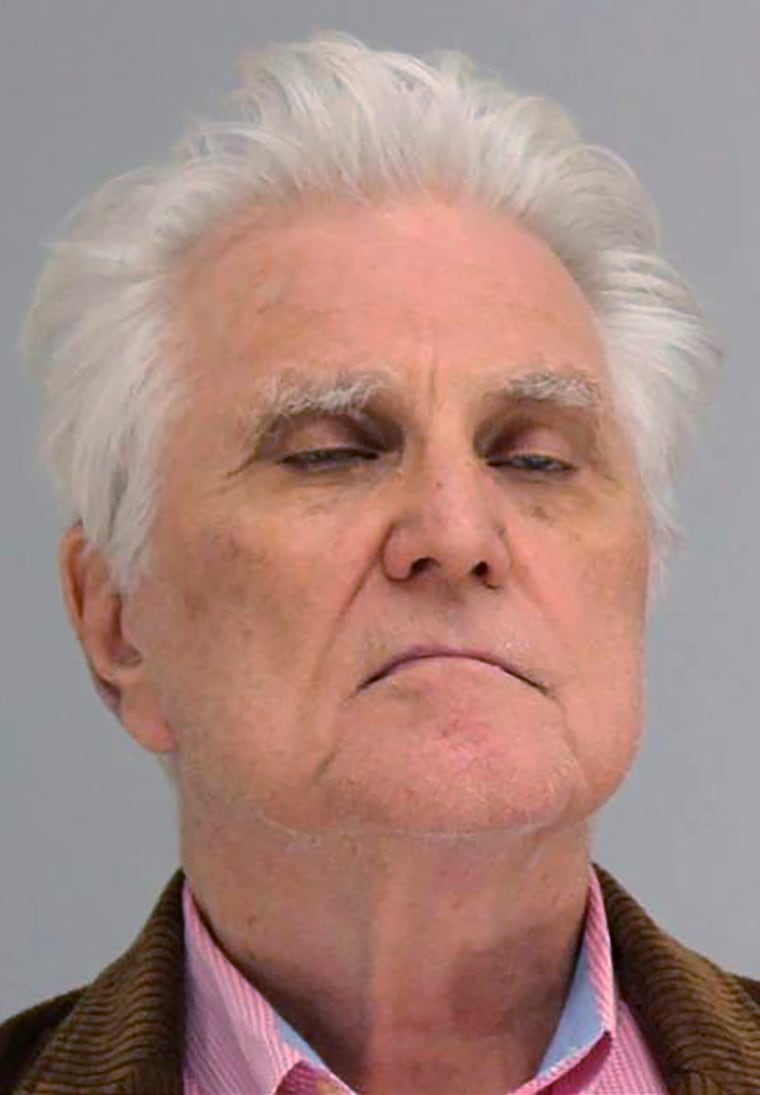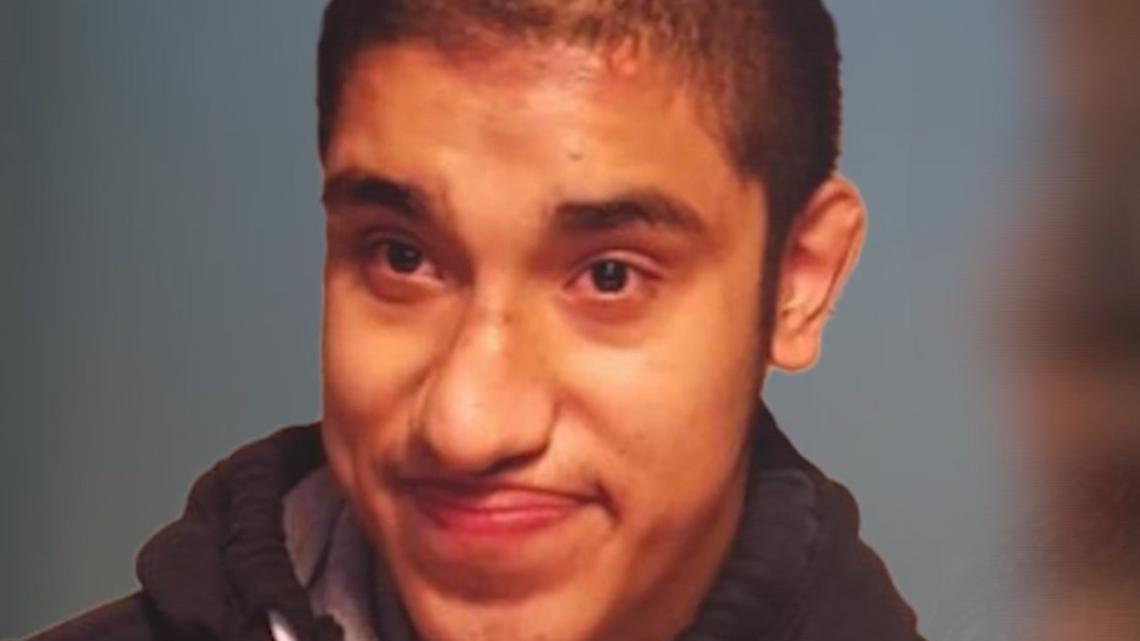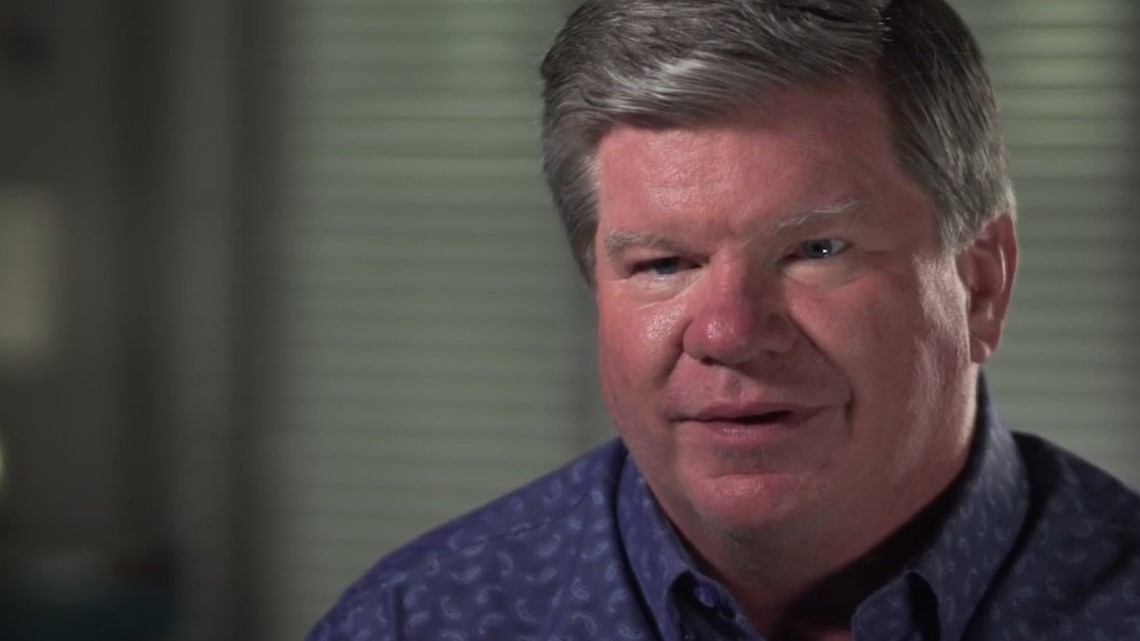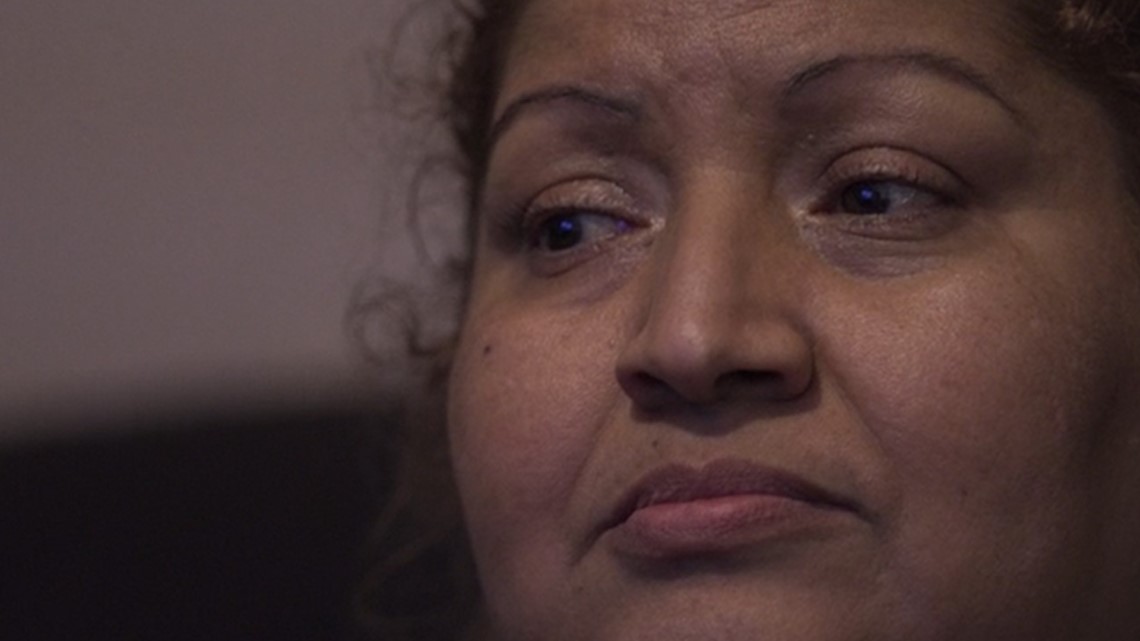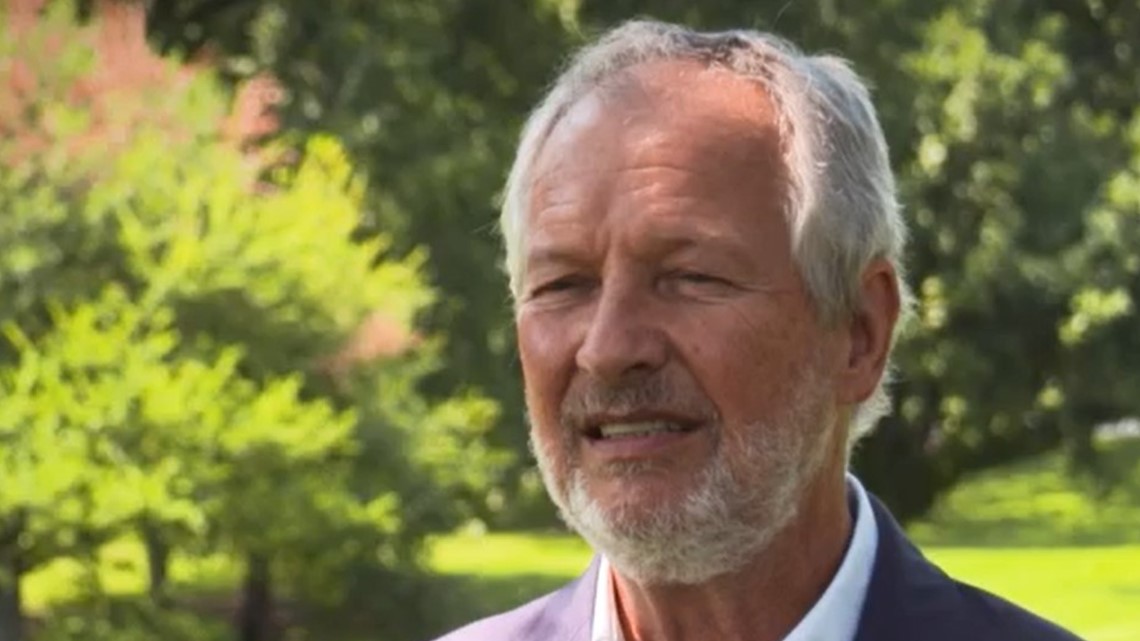Many know of conservatorships from Britney Spears, but what isn't known is there are different types. One created to assist those with disabilities can hurt them.
CALIFORNIA, USA — Martin Bùi was born in 1980. The youngest of 11 children from a family with refugee heritage as they came to the United States from Vietnam in 1975.
Martin and his siblings grew up in Chicago, Illinois.
"He was born with a traumatic brain injury and was later diagnosed with autism," said James Bùi.
James is Martin Bùi's brother and ninth in their sibling line.
"My sister and I are very close to him. Not just approximately in age, but also just taking care of him," said James. "I guess typical in a sense of coming from a very Vietnamese, close-knit family."
A big part of home is community -- especially for their family.
"The family was talking about, 'Why not move to California?' Because there's a large Vietnamese community, largest community outside of Vietnam," said James.
But another important factor of a California move, specifically for Martin, was the Golden State's laws.
"Then you look at what's stated (in) California policy and law around disability," said James. "It sounds wonderful, right? It sounds like this is game changing in many ways."
California was especially appealing because of our probate code, the laws that oversee our conservatorship system, as Martin was under a conservatorship due to his disability.
While many have become more familiar with California's complex conservatorship system due to Britney Spears, what many don't know is there are different types of conservatorships.
There are three general types of conservatorships in California. The first is the most widely known, general conservatorship.
"Those are primarily utilized for adults that have aged or are experiencing Alzheimer's or dementia and just aren't able to manage their finances or affairs any longer," said doctoral researcher Barbara Imle. "Then you have LPS conservatorships."
Lanterman Petris Short (LPS) conservatorships are designed for people with mental health issues and allow someone to be what's known as "51/50'd" or placed in a psychiatric facility, even if it's against their will.
The third type is a limited conservatorship. These types of conservatorships are for adults with developmental or intellectual disabilities.
While specifics on conservatorships are limited due to a lack of legal mandates required to track them by state agencies or courts, the most recent data available from the two largest counties in California, as reported by the Spectrum Institute to the California Supreme Court in 2019, indicated "there are considerably fewer general conservatorships than limited."
"Limited conservatorships are unique in how they were designed to specifically limit the power of conservators," Imle said.
That's why when a limited conservatorship is proposed, seven separate powers are considered to be stripped from a conservatee and granted to their conservator - the person legally appointed to act on their behalf.
These seven powers include:
(1) The right to choose living arrangements
(2) Having access to confidential records
(3) The right to contract
(4) The right to give or withhold consent to medical treatment
(5) Make educational decisions
(6) Power over social and sexual relationships
(7) The right to marry
"It was really designed to be specific to the need of the person... and not be overly broad and take too many powers away where they don't need assistance," said Imle.
Imle knows this system through-and-through. She previously spent nearly a decade working in multiple regional centers - agencies spread throughout California to provide services to individuals with disabilities and their families.
But Imle said she continued to feel like she was "running into walls" and restrictions at work, especially regarding conservatorships. That's why she turned to researching these centers, trying to figure out why the system wasn't working the way she thought it would.
She is the first person to conduct research specifically on limited conservatorships and regional centers.
What she found were some serious concerns. It's also what the Bùi family experienced after moving to California.
"The system itself looks great, but in reality, we had a very, totally different experience," said James.
Regional centers are required, by law, to submit an assessment of the proposed conservatee to the court.
"This is specifically for limited conservatorships," said Imle. "The regional center is tasked with a review of the appropriateness of the conservatorship... is it needed? Is the proposed conservator an appropriate assignment?"
But Imle found that the laws weren't translating and not "panning out in reality." She said with the 21 regional centers, there were 21 different ways of doing things.
"There's really no overall discussion of what's expected, how they're going to do it and what's going to be done," said Imle. "There's just nothing."
Since there's no overall guidance helping governing and guiding regional centers in their approaches and involvement in the limited conservatorship process, despite playing such an important role in the decision to strip someone of their rights, someone' chance of being conserved could depend simply on who they meet with and what regional center they're at.
"And it should depend on the person and their needs, not the bureaucracy guiding the process," said Imle.
Even more concerning, in some centers the proposed conservatee isn't even part of the conversation taking place on their behalf, as it's not always required for the regional center coordinator writing the report that'll be submitted to the court to meet with them.
"They do not require in-person meetings, and a lot of assessments are written just based off reading the chart and the notes in the computer system," said Imle.
If and when an assessment does make it to the court, more issues can bubble to the surface.
"While regional centers are required to the this assessment, the courts are not obligated to follow the recommendation that the regional centers make," said Imle.
Imle said a lot of the courts complain the regional center's assessments are too generic and not detailed enough. But even if a thorough assessment is provided, judges don't always include it in their decision making.
"The judge would just flip to the last page of the assessment and say, 'Okay the regional center agrees. Done and done.' But didn't actually read the report," said Imle. "Other (conservatorship petitions) have been approved without a regional center assessment being sent in."
It adds to the concern of conservatees not being a part of the decision making process for their own life. She also noted that if the proposed conservatee does attend their own hearing, they're often not even spoken to.
Imle sums it up simply: "There is a total disregard for the client's desires."
Her research has also found a lack of individualization for those being placed under the conservatorship, despite limited conservatorships being designed specifically for this, resulting in more power being taken from them.
"My thesis research found that around 60% of all requests were for seven out of seven powers," said Imle. "Which that alone is showing it's not being individualized."
But even more power is taken through a loophole Imle found: general conservatorships being appointed for some people with disabilities, rather than limited ones as intended.
"One regional center had 187 requests for general conservatorships compared to 58 for limited. That was in one year," said Imle.
When a general conservatorship is petitioned for, rather than a limited, an assessment from the regional center isn't required - meaning less work for the proposed conservator.
"(It) cuts out one extra agency that's going to be involved and increases the ease, flow, convenience of the whole process," said Imle.
She said her main concern about having a general conservatorship enacted instead of a limited one is the overall impact to people with intellection and developmental disabilities.
"It is just a sweeping assumption that the person is completely incompetent as a whole," said Imle.
Not considering the conservatee themselves is a sentiment James Bùi understands on behalf of his brother.
"We would not wish this on anybody... (it's not) how we thought
California would be," said Bùi . "It failed. I think the system has
failed."









/cloudfront-us-east-1.images.arcpublishing.com/gray/PKSWHBDJDZF2ZBTCOFQSBWL3ZQ.png)





